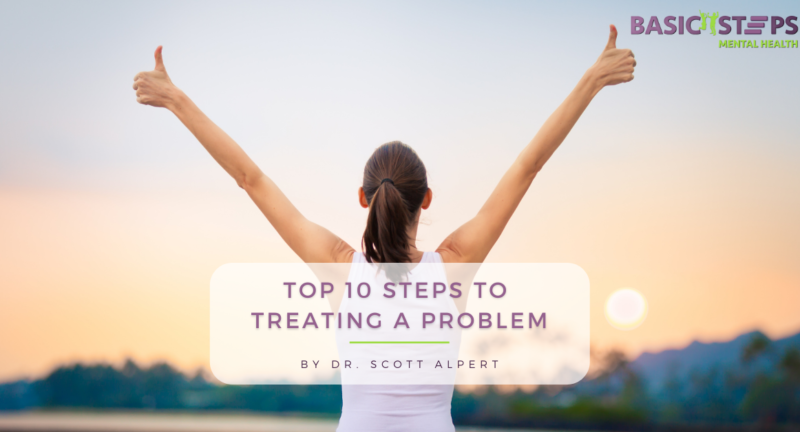
Rising Suicide Rates in Washington
The rising rates of suicide are alarming. Already in the state of Washington, there have been over 1,200 people who have taken their life. What if a person you knew told you they wanted to kill themselves?
I worked at a crisis center for 11 years and dealt with people who were suicidal on a daily basis and here are the important steps to take.
- Ask them if they were thinking about killing themselves.
This isn’t a time to debate with the person. Let them talk about their feelings, even if they are blaming you for it. Remain silent and even thank them for their honesty. The key here is to remember they are at the lowest ebb and are not thinking clearly. The last thing they need is to get into a discussion.
- Find out if they have a plan. If so, ask what it is and determine if they are in imminent danger. For example, if they want to use a gun, find out if they have access to one and if so, would they be willing to lock it up and give you the key or the weapons.
- Ask them if they trust themselves.
This is a key question. If not, then it is important to take action for them. There are a few options.
- See if there is somebody that can be a companion to them for the night and get them seen by a professional ASAP.
- Ask if they want to check themselves into a hospital. If you hear a no to this, remind them that they will be safe there, will have somebody to talk with, and medication can be administered and balanced out properly so they don’t have to go through this forever.
- The last resort is calling 911 and having the professionals take charge.
With suicide, it is important to not wait and hope they will be okay. This is serious and if not treated properly people do die.
- Get them into counseling.
20% of the people in this state have a serious mental health or substance use problem that needs immediate help. Of this percentage barely 8% get the assistance they need. The worst scenario is they see somebody, don’t like them, and leave.
Unfortunately, mental health has not been a priority in this nation and now it needs it more than ever. There are great therapists out there that genuinely care. Especially if a person has suffered trauma in early childhood, pay extra attention to this person’s suicidal ideation. Early developmental wounds need particular care, and yes, even people who suffered trauma or neglect can heal.
- Social Support is key.
Often it is difficult for a person to find the inner strength to get them over the hump. Here is where the support of friends or other self-help organizations can provide people with the stability they lack from within.
- Staying Active.
Many who attend our programs report the number one problem they have is with boredom. If we fail to live life, we’ve already stopped living. Exercise, go for walks, get a pet, dance around a bit.
- Education.
Educate yourself on programs that are available. psychologytoday.com is a great resource to find therapists and psychiatrists in your area, that may even take your insurance. If you have the benefits, use them.
At the crisis center, I learned that people who were stressed out beyond the level of their coping abilities would be in a crisis. My main job there was to help the person calm down and be at peace. If you are working with somebody who is in a crisis your first job is to remain calm and simply breathe.
I’ll leave with this story. A man came into the crisis center with suicidal thoughts. He was in an advanced stage of AIDS and was having psychosis. Of anybody I’ve ever treated with suicidal thoughts, he at least had a good reason to do so, but I was amazed that he hung so tightly onto life. Of course, I got him to calm down, the psychiatrist prescribed him some medication and it helped him to relax. He wanted to go to a psychiatric hospital to get better stabilized and kept insuring me he wanted to live. We have an instinct to live. We are strong. I learned a lot from this man who didn’t give up. He wanted to get through this so he could enjoy the remaining years of his life. Ask your friend to still fight for life. Things will get better if we are working hard at it.
If you need more help, give us a call. We are here to help.
Compassionate Care is Always Available
There are many more tools and strategies you can use in your pursuit of happiness. Here is where we come in. Contact us at Basic Steps Mental Health and let us support and educate you on this journey back to your loving heart center. Imagine living a heart-centered life, regardless of what is happening externally. We’d love to be of help.
For 25 years, Dr. Scott Alpert, the clinical director of Basic Steps Mental Health, has treated over 7,000 people with mental health and addiction problems, using a Psychological approach that mixes and matches ten of the top approaches used in the industry. We are here virtually and in-person to help you get through this COVID-19 pandemic and many other difficulties you may be experiencing.
May you have good mental health.
Related Posts
Top 10 Steps to Treating a Problem
When you are sick and tired of feeling sick and tired what should you do? Most...
A Simple Exercise to Obtain Your Dreams!
How great would it be to create the world in your dreams? If you could, what...




